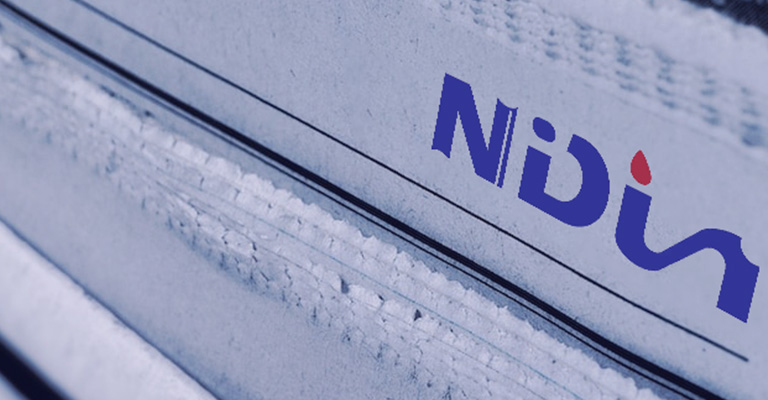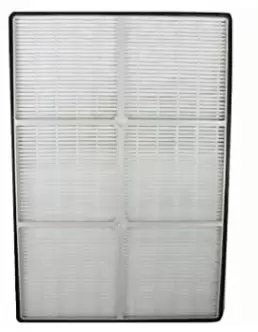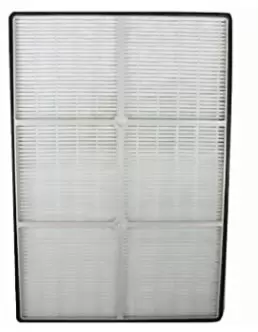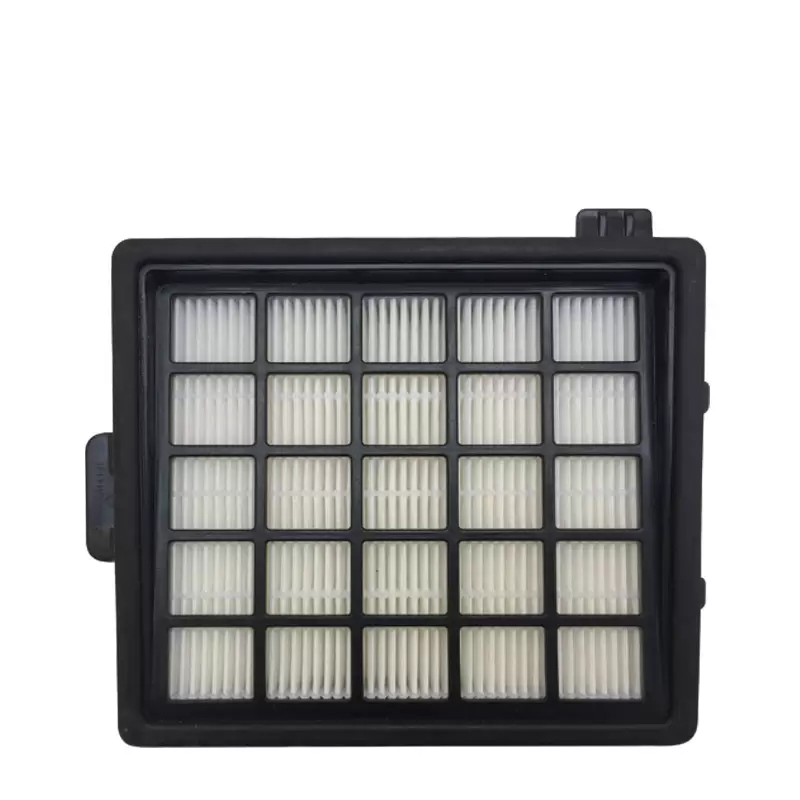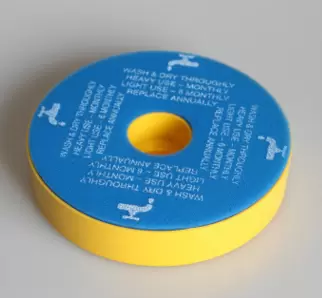Position: Home > About Us > News and Blog > The Impact of Delayed Air Filter Element Replacement on HVAC Systems
The Impact of Delayed Air Filter Element Replacement on HVAC Systems
Heating, Ventilation, and Air Conditioning (HVAC) systems play a critical role in maintaining indoor air quality and comfort. One of the most overlooked yet essential components of an HVAC system is the air filter element. This filter is responsible for trapping dust, debris, allergens, and other airborne particles to ensure clean air circulation.
However, many homeowners and business owners neglect timely replacement of their air filter elements, leading to a range of problems that affect both the HVAC system’s efficiency and indoor air quality. In this article, we will explore the consequences of delaying air filter element replacement, highlighting how it impacts system performance, energy efficiency, and overall health.
1. Reduced HVAC Efficiency and Performance
One of the most immediate consequences of failing to replace an air filter element is a significant drop in HVAC efficiency. Over time, dirt and debris accumulate on the filter, restricting airflow. This forces the HVAC system to work harder to maintain the desired temperature, leading to:
Poor Air Circulation – When airflow is restricted, rooms may not receive adequate heating or cooling, causing uneven temperature distribution.Longer Run Times – The HVAC system has to operate for extended periods to compensate for the blockage, putting unnecessary strain on its components.Inconsistent Comfort Levels – You may experience hot or cold spots within the space, making the environment uncomfortable.
By simply replacing the air filter element on schedule, you can maintain optimal system efficiency and ensure consistent comfort throughout your home or workplace.
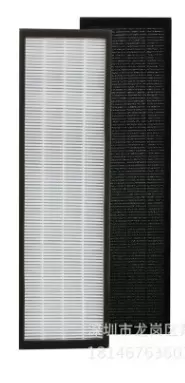
2. Increased Energy Consumption and Higher Utility Bills
A clogged air filter can significantly impact energy consumption. The U.S. Department of Energy estimates that a clean air filter can improve an HVAC system’s energy efficiency by up to 15%. On the other hand, a dirty or clogged filter forces the system to consume more power due to:
Increased Resistance to Airflow – The HVAC fan motor must work harder to push air through a dirty filter, resulting in higher energy usage.Higher Load on Compressors and Blowers – Overworked system components require more electricity, directly affecting monthly energy bills.
Delaying air filter element replacement not only leads to wasted energy but also translates into higher operational costs over time.
3. Accelerated Wear and Tear on HVAC Components
HVAC systems are designed to last for many years, but delayed maintenance—including air filter replacement—can shorten their lifespan. When airflow is restricted, the system undergoes additional stress, which accelerates wear and tear on crucial components such as:
The Blower Motor – Increased resistance causes the blower motor to overheat and wear out faster.The Evaporator Coil – A clogged filter allows dust to bypass and settle on the evaporator coil, reducing its efficiency and leading to potential freezing.The Compressor – When airflow is blocked, the system struggles to cycle air properly, causing strain on the compressor and increasing the risk of breakdowns.
Regularly replacing the air filter element ensures that HVAC components operate under normal conditions, extending the system’s longevity and reducing the likelihood of costly repairs.
4. Decline in Indoor Air Quality
One of the primary purposes of an air filter is to trap airborne pollutants, allergens, and contaminants before they circulate indoors. When the filter is clogged and dirty, it can no longer effectively capture these particles, leading to:
Higher Dust and Allergen Levels – Pet dander, pollen, mold spores, and dust mites can freely enter the air, triggering allergies and respiratory issues.Increased Presence of Odors and VOCs – Volatile Organic Compounds (VOCs) from cleaning products, paints, and household chemicals may remain in the air for longer, leading to poor indoor air quality.Higher Risk of Mold Growth – A damp, dirty filter can become a breeding ground for mold and bacteria, further contaminating the air and potentially causing health problems.
Replacing the air filter element on time ensures that the air you breathe remains clean and healthy, benefiting both your respiratory system and overall well-being.
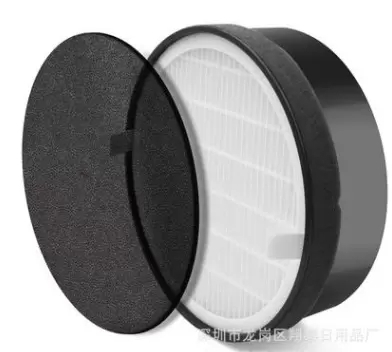
5. Potential System Failure and Expensive Repairs
Ignoring air filter maintenance for an extended period can lead to HVAC system failure. As airflow becomes increasingly restricted, overheating and excessive pressure can cause:
System Shutdowns – Many modern HVAC systems have built-in safety features that shut down the unit when airflow is too low to prevent damage.Furnace Overheating – In heating systems, a clogged filter can lead to excessive heat buildup, potentially damaging the heat exchanger.Frozen AC Coils – In cooling systems, restricted airflow can cause evaporator coils to freeze, leading to costly repairs and system downtime.
Replacing the air filter element at recommended intervals is one of the easiest and most affordable ways to prevent unnecessary breakdowns and expensive service calls.
6. How Often Should You Replace Your Air Filter Element?
The frequency of air filter replacement depends on several factors, including the type of filter, usage conditions, and environmental factors. Here are general guidelines:
Standard HVAC Filters (Fiberglass) – Replace every 30-60 daysPleated Filters (High-Efficiency) – Replace every 60-90 daysHEPA Filters – Replace every 6-12 monthsHomes with Pets or Allergy Sufferers – Replace every 30-45 daysCommercial or Industrial Settings – Replace every 30-60 days or as recommended by the manufacturer
To maintain HVAC efficiency, indoor air quality, and energy savings, it’s best to check the filter regularly and replace it as needed.
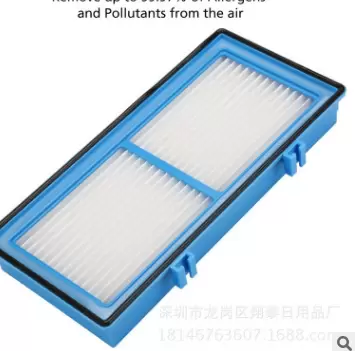
Conclusion
Delaying air filter element replacement may seem like a minor issue, but its impact on HVAC performance, energy consumption, system longevity, and indoor air quality can be severe. Regular replacement of air filters ensures optimal airflow, reduces energy costs, protects system components from premature failure, and maintains a healthy indoor environment.
Newton Smart Technology (Suzhou) Co., Ltd. specializes in the research, development, production, and sales of environmental protection equipment and accessories. Our core product offerings encompass HEPA filters, filters, floor brushes, conductive straight tubes, conductive telescopic tubes, environmental protection equipment, and dust filter bags. These products find widespread application in various environmental protection devices, catering to diverse customer needs. Additionally, we also distribute EVA and PE products.
Welcome to contact us,if you want to know more about air filter element replacement details.
E-mail:daiyk8888@126.com


